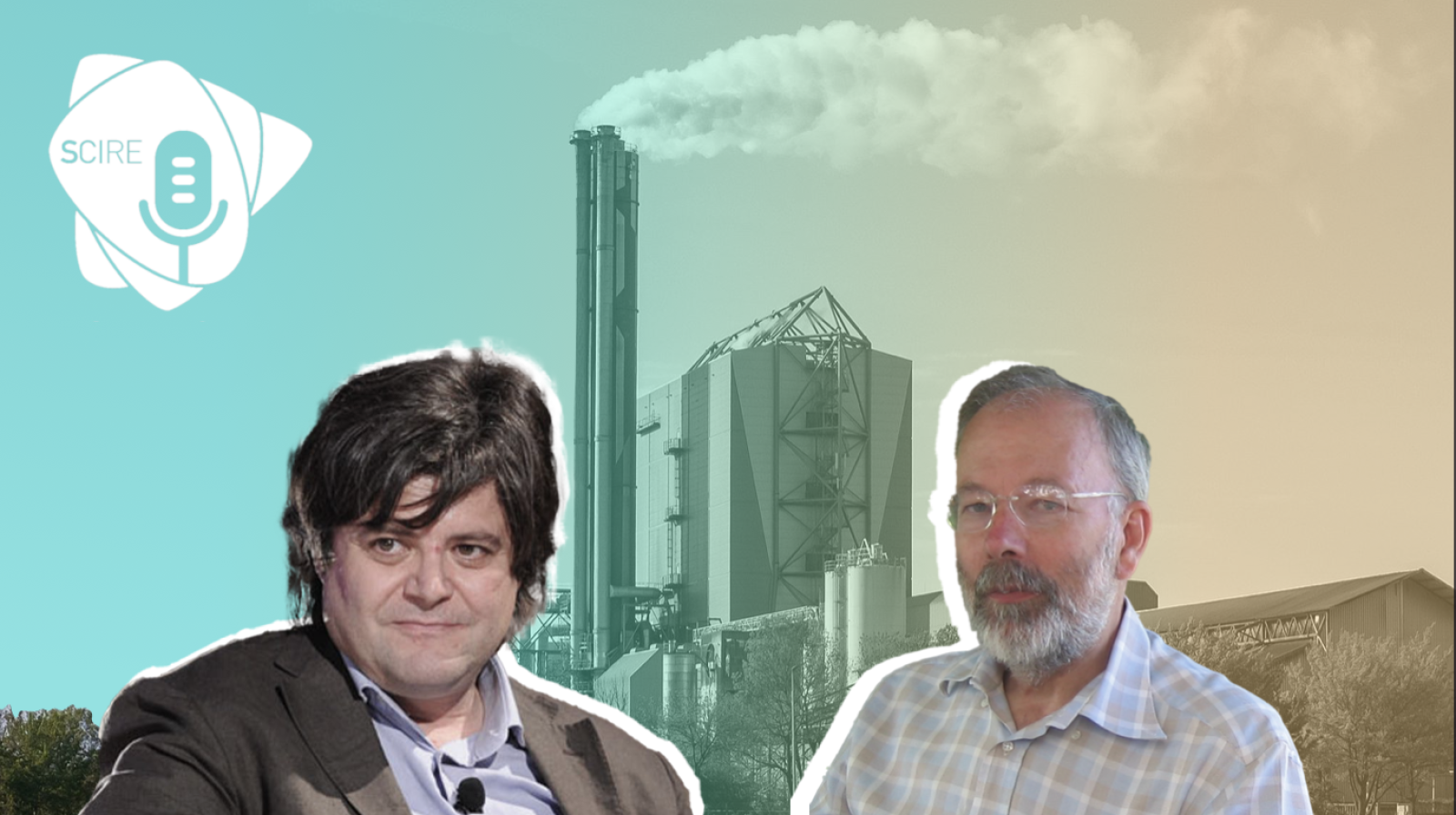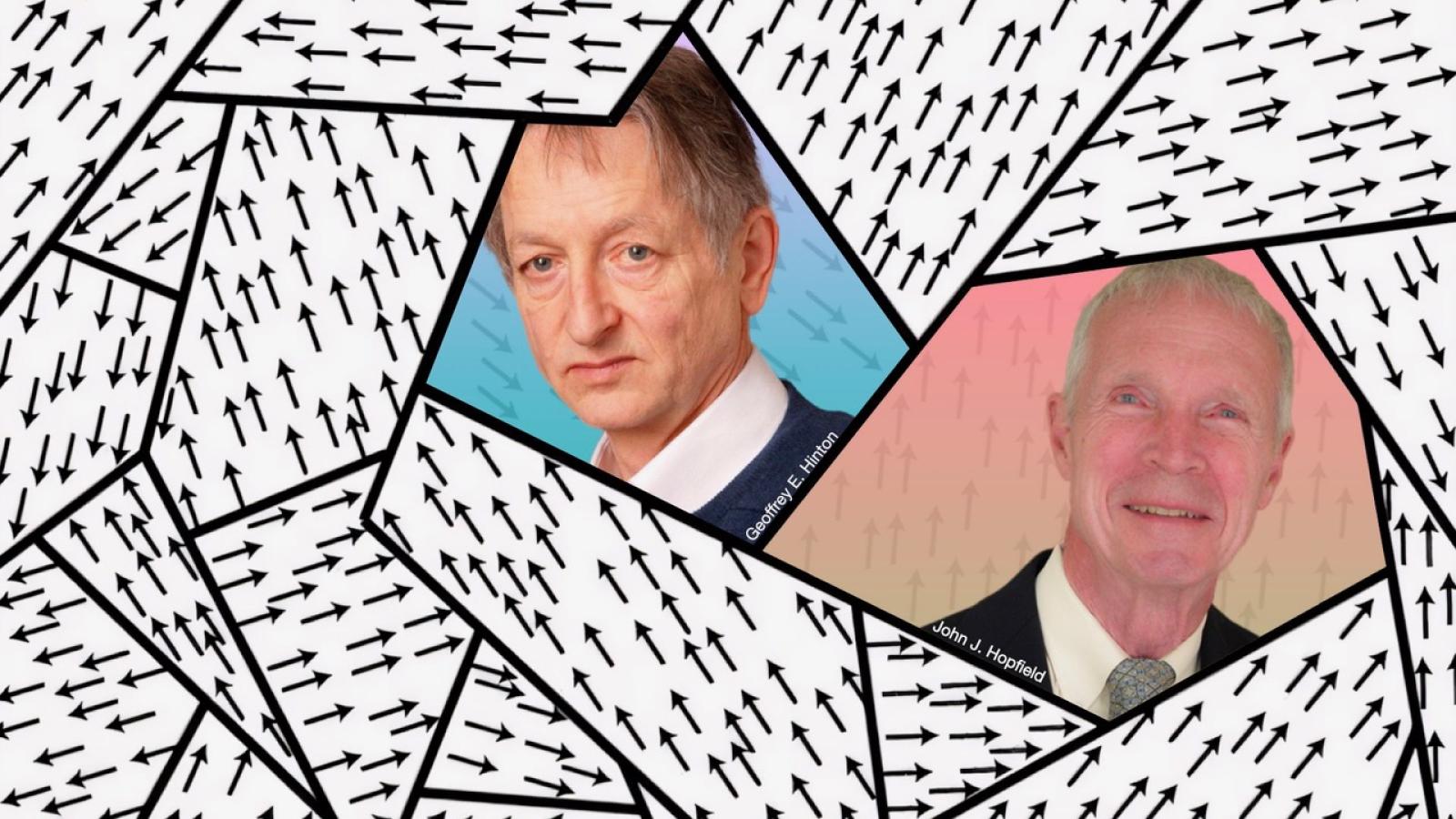
Quale può essere il ruolo dei termovalorizzatori in Italia? Servono? Sono utili? Sono in contraddizione con una piena economia circolare? Il tema è piuttosto complesso e varia da contesto a contesto, sia per quanto riguarda la gestione dei rifiuti sia per quanto riguarda eventuali rischi. Ne parliamo con Antonio Massarutto, professore associato di economia applicata all’Università degli Studi di Udine, che sostiene siano necessari ulteriori termovalorizzatori in Italia, e con Gianni Tamino, che è stato docente di biologia generale e di fondamenti di diritto ambientale all’Università di Padova ed eurodeputato, che sostiene non servano altri termovalorizzatori.







